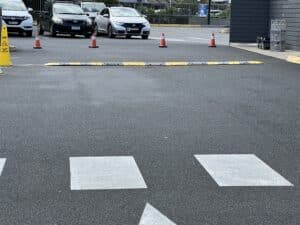
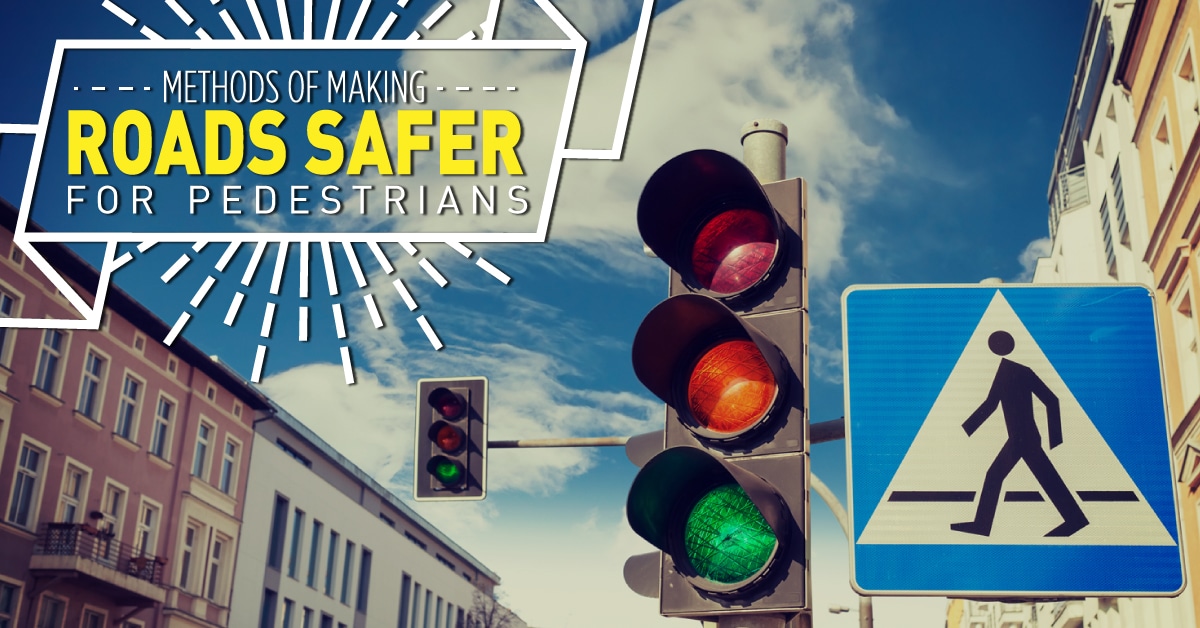
Other at-risk groups include teens and young adults behaving inappropriately, and males between the ages of 15 to 54 with most incidences occurring on Friday nights or in the weekend.
Shopping mall and supermarket carparks are common areas for pedestrian crashes, when people are laden with shopping bags and are distracted or slow to cross roads. Here motorists can also make unpredictable moves or drive too fast. Another cause of pedestrian crashes are people being hit by cars turning into roadways, most often from the right-hand side. Crashes also occur when pedestrians cross behind a vehicle, walk with or face the traffic, work or play (in the case of children) on roads.
Although human error or lack of knowledge about road safety is a factor in crashes, roading design also plays a part in how safely pedestrians can move through and around traffic. In cities, lack of adequate footpaths and crossing signals can force pedestrians to take unnecessary risks to manoeuver around traffic and city councils need to revisit certain paths and roadways to ensure pedestrian safety is a high priority.
Such methods can include:
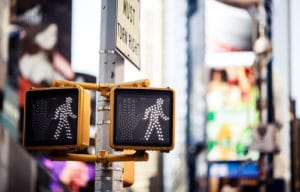 Using footpaths, raised crossings, overpasses, underpasses and refuge islands to separate pedestrians from traffic.
Using footpaths, raised crossings, overpasses, underpasses and refuge islands to separate pedestrians from traffic.As well as improved roading, both drivers and pedestrians need to be better educated on how to use roads safely and to respect each other. For pedestrians, this includes avoiding getting intoxicated in public places, wearing reflective clothing in poorly lit areas and following road signs and signals that are in place.
While, for drivers, there is a need for more enforcement around speeding and a reduction in speed limits, especially in school zones. Using mobile phones while at the wheel should be more strongly discouraged, as should drunk driving.
To keep safe on the roads follow these general tips, and remember, when in doubt don’t step out:
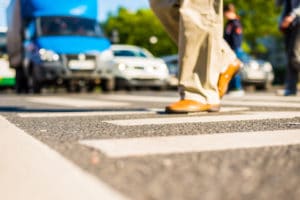 Always use pedestrian crossings when crossing the road.
Always use pedestrian crossings when crossing the road.
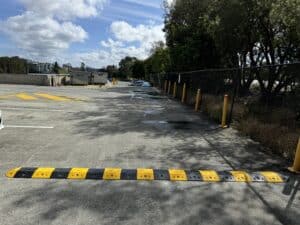

For 10 years, our focus has been on one thing: to provide one style of product and to do it well.
Our wheel stops, speed humps and rumble bars meet Australian Standards, don’t fade, and we’ve never needed to replace one.

For 10 years, our focus has been on one thing: to provide one style of product and to do it well.
Our wheel stops, speed humps and rumble bars meet Australian Standards, don’t fade, and we’ve never needed to replace one.